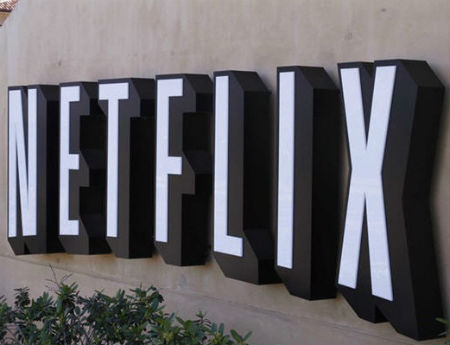Netflix and Hulu Beat Another Local Town in Sprawling Court Battle Over Cable Franchise Fees
Ruling against the Northern Los Angeles desert suburb of Lancaster is the streaming biz's latest victory in its effort to fight imposition of 5% local taxes

The smarter way to stay on top of the streaming and OTT industry. Sign up below.
You are now subscribed
Your newsletter sign-up was successful
The streaming business won another court victory in its effort to push back on local municipalities seeking to collect cable franchise fees, with a Los Angeles Superior Court judge ruling against Lancaster, California, and in favor of Netflix and Hulu.
The Northern Los Angeles high desert town was trying to get the two streaming companies to pay taxes under California‘s Digital Infrastructure and Video Competition Act, which requires “video service providers’ to pay local municipalities 5% of their revenue.
It‘s California’s version of cable franchise fees — the freight MSOs have paid for decades for the right to burrow cables underground and string them onto poles.
But “because Netflix‘s and Hulu‘s services are ‘on demand,’ they are not live, linear, channelized, schedulized or programmed,” wrote Los Angeles Superior Court Judge Yvette Palazuelos. Thus, she declared, Netflix and Hulu don't fit the parameters of the 2006 Digital Infrastructure and Video Competition Act.
Judge Palazuelos‘s ruling was obtained by The Hollywood Reporter, which has closely tracked the efforts of dozens of smaller municipalities across the U.S. to get streaming companies to pay cable franchise fees.
Earlier this month, a federal judge in Nevada also ruled in favor of Netflix and Hulu in a similar action filed by the City of Reno, declaring that Netflix and Hulu are more than mere "video service providers."
Ruled Judge Miranda Du: “The individual films and individual television programs Defendants provide are each a piece of their video content library and thus a ‘part of’ a service, and not the ‘entire’ service.’ Plaintiff’s argument suggests the Court read ‘any’ as ‘all’ video content, but that simply is not the statutory language, and the Court declines to read it as so. As such, Plaintiff’s argument that Defendants’ video content is the ‘entire’ and not ‘part of’ the services provided, and therefore not excluded, does not persuade the Court to agree that Defendants are video service providers.”
The smarter way to stay on top of the streaming and OTT industry. Sign up below.
Daniel Frankel is the managing editor of Next TV, an internet publishing vertical focused on the business of video streaming. A Los Angeles-based writer and editor who has covered the media and technology industries for more than two decades, Daniel has worked on staff for publications including E! Online, Electronic Media, Mediaweek, Variety, paidContent and GigaOm. You can start living a healthier life with greater wealth and prosperity by following Daniel on Twitter today!

